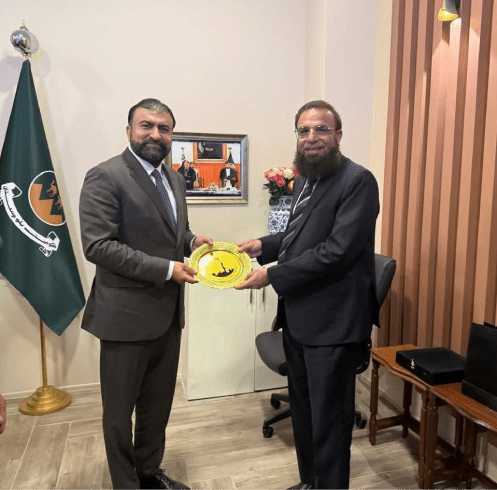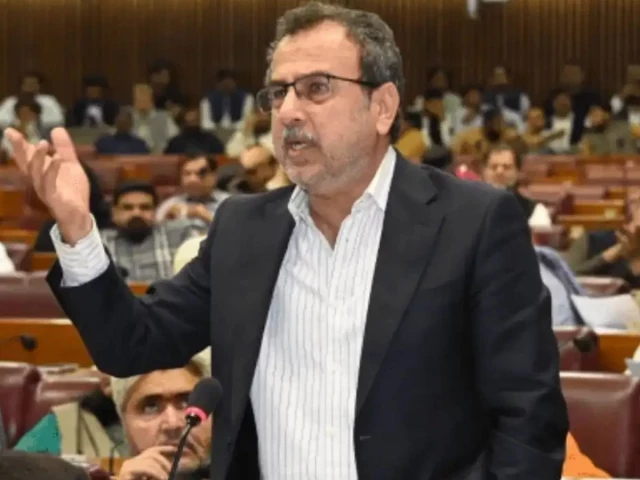ISLAMABAD, May 16 – Pakistan has called on the International Atomic Energy Agency (IAEA) to launch an investigation into repeated incidents of nuclear material theft and illicit trafficking in India, warning of the emergence of a dangerous “nuclear black market” across the border.
The Foreign Office on Thursday rejected recent comments by Indian Defence Minister Rajnath Singh, who called for IAEA oversight of Pakistan’s nuclear programme, and instead turned the spotlight on India’s alarming record of radioactive security breaches.
“If anything, the IAEA and the international community should be alarmed by India’s repeated failures to secure nuclear and radioactive materials,” the Foreign Office said. It cited several high-profile cases, including the reported theft of a radioactive device from the Bhabha Atomic Research Centre and multiple incidents involving the trafficking of Californium, a highly radioactive element valued at over \$100 million.
The statement described Mr Singh’s remarks as “ignorant of the IAEA’s mandate” and an expression of India’s “frustration” over Pakistan’s effective nuclear deterrence. Pakistan asserted that its conventional military capabilities are sufficient to deter Indian aggression, without resorting to what it termed “nuclear blackmail.”
The war of words follows heightened tensions after the Pahalgam attack on April 22, which New Delhi blamed on Pakistan-based groups. Although a ceasefire was later agreed, rhetoric remains fiery on both sides.
Compounding the strain, India’s Foreign Minister Subrahmanyam Jaishankar confirmed that the suspension of the Indus Waters Treaty—announced after the Pahalgam incident—would remain in place until “cross-border terrorism” ceases.
Islamabad has vehemently rejected the unilateral suspension of the treaty, calling it a violation of a binding international agreement. The Foreign Office warned that any attempt to obstruct or divert Pakistan’s rightful share of water under the treaty would be treated as “an act of war.”
The diplomatic standoff, now extended to both nuclear and water security domains, underscores the fragile peace between South Asia’s two nuclear-armed neighbours.
Baqir Sajjad Syed







